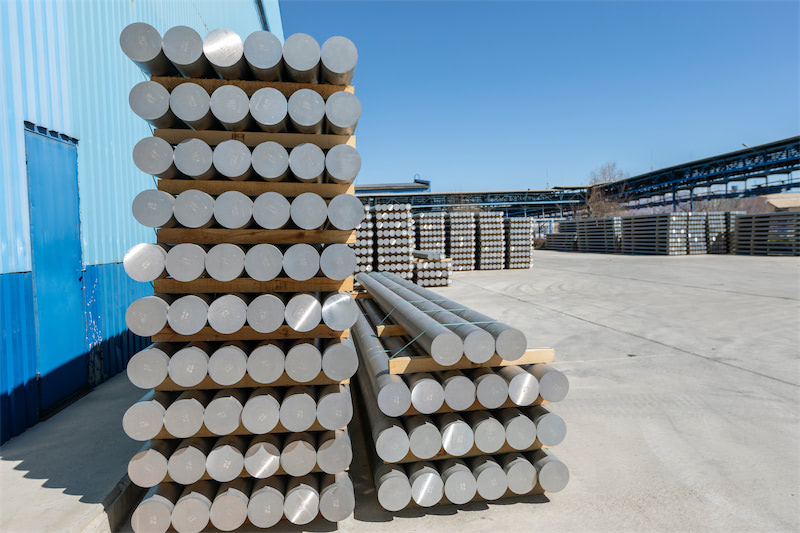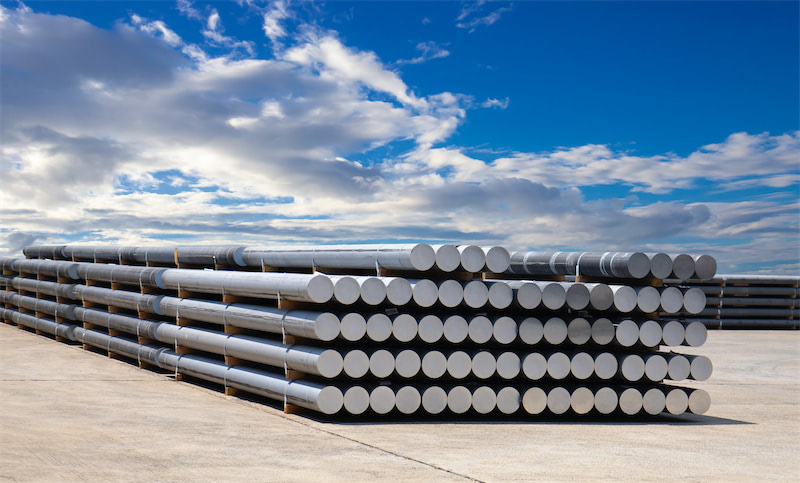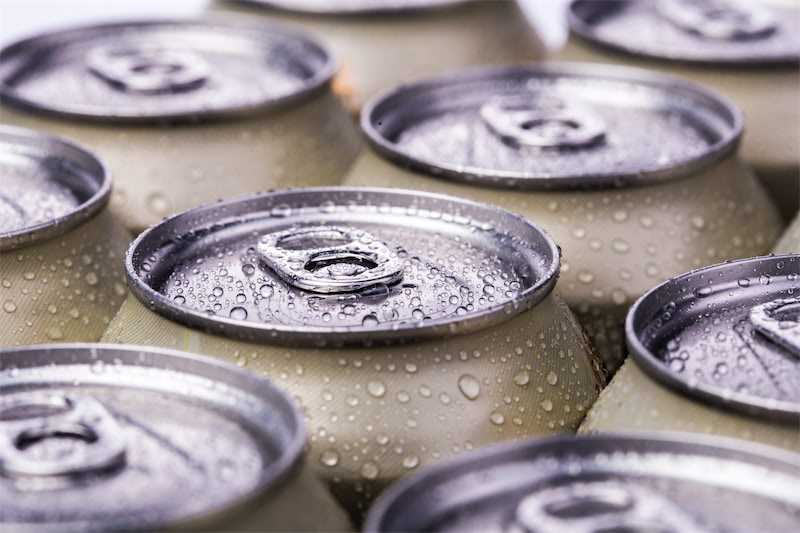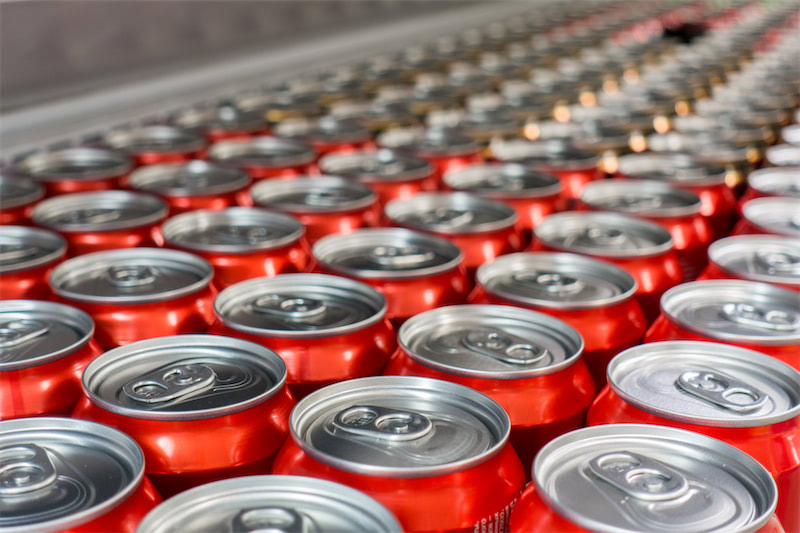SHANGHAI, Aug 12 (SMM) - According to General Administration of Customs, China imported 9.42 million mt of bauxite in June, down 21.4% month-on-month and 7.1% year-on-year. The import volume failed to extend the previous monthly record of above 10 million mt, and the total import volume dropped 2,558,900 mt compared with the previous month. In detail, the imports from Australia stood at 2.44 million mt, down 21.19% MoM and 23.14% YoY; Guinea 5.75 million mt, down 17.16% MoM and up 9.05% YoY; Indonesia 1.05 million mt, down 40% MoM and 35.8% YoY. In June, China imported bauxite for the first time form Montenegro, Malaysia and Jamaica, with a volume of 99,400 mt, 36,300 mt, and 44,500 mt respectively. The imports from Ghana and Cameroon were extremely low, which stood at 0.04 mt and 0.02 mt respectively.
The detailed import situations are as follows:
Imports from Australia: Imports from Australia stood at 2.44 million mt in June, down 21.19% on the month and 23.14% on the year. In June, hurricane occurred in Australia, which affected both the mining activities and the transportation of ore. And the mining companies mainly shipped with long-term orders. There was no extreme weather in Australia in July, and ore production and shipments are expected to have returned to normal.
Imports from Indonesia: Imports from Indonesia stood at 1.05 million mt in June, down 40% on the month and 35.8% on the year. The import volume of Indonesian ore plummeted month-on-month, and the market's concerns about the ore export ban Indonesia have deepened further. According to SMM, most mines in Indonesia basically had no export quotas after June, and the shipments with long-term orders placed earlier have been affected, and the spot market was in even more extreme supply shortage. Domestic alumina refineries using Indonesia ore are now looking to Guinea and Australia for alternatives. The market is generally pessimistic about the possible ore export ban in Indonesia, which is expected to take effect around the end of this year. Although the domestic alumina industry will not suffer irreparable heavy losses due to the ban, it still makes domestic production more vulnerable.
Imports from Guinea: Imports from Guinea stood at 5.75 million mt in June, down 17.16% on the month, and up 9.05% on the year. Most areas of Guinea are featured with tropical savanna climate, with the rainy season from May to November and the dry season from December to April. The decrease in ore imports in June is partly due to the on-going rainy season in Guinea, which constrained the ore production. In addition, the imports of Guinea ore continued to break the record high in the first half of the year, and most domestic refineries using Guinea ore have built strong ore stocks enough to sustain the production for about 1-3 months, hence the demand for ore declined slightly. However, with the consumption of domestic ore, the demand for Guinea ore still carries great potential. The import volume will begin to recover after the rainy season ends. However, it is worth noting that the unstable regime and frequent strikes in the country will be an important factor affecting the normal mining and shipment local ore in the future.
On the whole, the decline in ore imports from Guinea and Australia is merely the result of poor local weather rather than restrictions on the policy level. It is expected that the production of Australian mines will recover in July compared with June, but the imports from Guinea is expected to drop again as the country is still in the rainy season. Indonesia, on the other hand, is with greater policy uncertainties, which is complicated and confusing at the same time. And it is difficult for the market to obtain the exact information as of when Indonesia will really ban the ore exports. However, for domestic alumina refineries, it is necessary to make early plans and prepare ahead to avoid production risks.
Imports of Bauxite Dropped Sharply by 2.56 Million mt in June with Reductions Observed in All Countries
SHANGHAI, Aug 12 (SMM) - According to General Administration of Customs, China imported 9.42 million mt of bauxite in June, down 21.4% month-on-month and 7.1% year-on-year.
Data Source Statement: Except for publicly available information, all other data are processed by SMM based on publicly available information, market communication, and relying on SMM‘s internal database model. They are for reference only and do not constitute decision-making recommendations.
For any inquiries or to learn more information, please contact: lemonzhao@smm.cn
For more information on how to access our research reports, please contact:service.en@smm.cn



